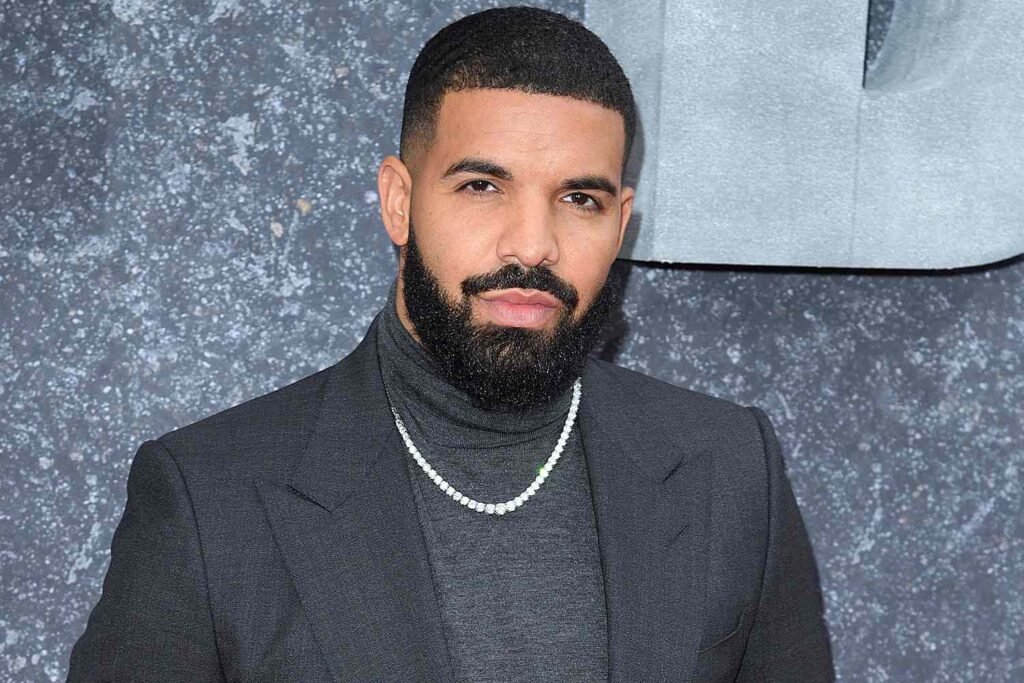Universal Music Group (UMG) has filed a motion to dismiss Drake’s request for a pre-suit deposition in Bexar County, Texas, arguing that the rapper’s claims against the company lack sufficient evidence. In November 2024, Drake filed two petitions—one in New York and one in Texas. These petitions were not lawsuits but formal actions, designed to gather information before filing a full legal complaint. While Drake eventually withdrew the New York petition to make way for a potential lawsuit, the Texas petition remains, prompting a legal defense from UMG.
In a comprehensive 144-page filing, UMG requested the court dismiss Drake’s petition based on the Texas Citizens Participation Act (TCPA), which protects individuals from lawsuits that are intended to intimidate or silence them on matters of public interest. UMG argues that Drake’s legal strategy constitutes a violation of the First Amendment and exploits the Texas Rule of Civil Procedure 202. The Texas rule allows individuals to seek pre-suit depositions in certain cases, but UMG contends that Drake is using this procedure to punish the company for exercising its free speech rights, a tactic UMG believes is designed to harm its public image rather than to gather factual evidence.
At the heart of Drake’s petition are allegations that UMG engaged in a “pay-to-play” scheme, funneling payments to iHeartMedia, the largest radio network in the U.S., to artificially promote Kendrick Lamar’s song “Not Like Us.” This accusation forms the crux of Drake’s claims, but UMG strongly disputes these assertions. The record company maintains that Drake has failed to provide any substantive evidence to back his allegations, claiming that the rapper’s accusations are purely speculative.
In its motion to dismiss, UMG points out that Drake’s petition relies only on his verified statements, which are not supported by any admissible evidence. UMG highlights that many of the sources cited by Drake in his petition are anonymous and unverified, making them inadmissible in court. According to UMG, the petition is based on hearsay, which should not be considered reliable enough to warrant legal action. Without solid evidence, UMG argues that the petition cannot move forward, and therefore should be dismissed.
Additionally, UMG has requested that the court order Drake to cover the costs associated with defending the case, including attorney’s fees and other legal expenses. UMG asserts that the lawsuit is without merit and is causing unnecessary legal and financial strain on the company. The motion further points to the broader implications of Drake’s allegations, suggesting that they may be part of a larger effort to damage UMG’s reputation without just cause.
In a related development, Drake’s legal team in New York has supported UMG’s request for an extension of time to respond to Drake’s complaint, indicating that the motion to dismiss is likely to extend beyond Texas. This development suggests that the ongoing legal battle may continue to evolve, with further motions and filings expected in both jurisdictions. As of now, UMG is seeking a legal victory that would prevent the case from progressing any further, thereby protecting its interests and ensuring that legal processes are not misused for strategic purposes.



